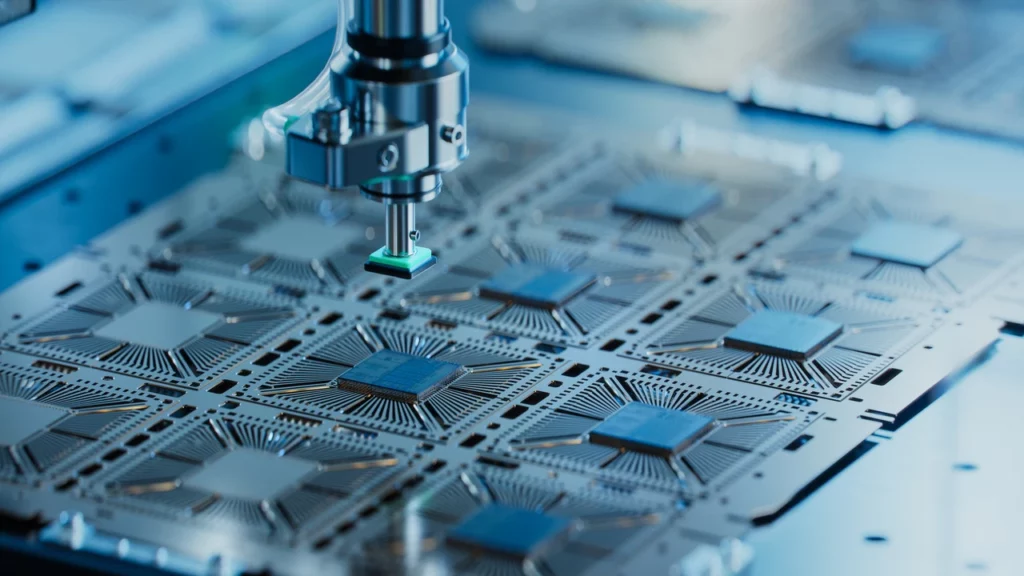Japan’s Rapidus is preparing to join the ranks of the world’s top semiconductor manufacturers by producing 1.4 nm chips in 2029. The move would place it just behind TSMC, Samsung, and Intel in the next-gen node race. While still an emerging player, Rapidus aims to break into the market with state support and partnerships that fast-track its progress.
Rapidus will invest heavily in 1.4 nm chips

According to Nikkei Asia, Rapidus plans to begin mass production of 1.4 nm chips just two years after it launches its 2 nm line. That leap will reportedly require trillions of yen, with much of the funding coming from the Japanese government and private-sector backers.
To support its roadmap, Rapidus will begin full-scale research and development in 2026 in collaboration with IBM. While still early in the process, the company has already taped out its first 2 nm chip.
Key players racing toward 1.4 nm chips
Rapidus won’t be first to market, but it may be close enough to matter. If its 2029 target holds, it will trail behind the following:
- TSMC A14: expected in 2028
- Intel 14A: projected for 2028
- Samsung SF1.4: also targeting 2028
Rapidus’ timeline would give OEMs an extra option by 2029, potentially easing the industry’s dependence on TSMC.
1.4 nm chips require extreme manufacturing resources
Rapidus is betting big on EUV lithography to close the gap. The company plans to deploy 10 ASML EUV scanners, dividing them between 2 nm and post-2 nm development. However, it has yet to announce any commercial customers. That said, early client details are rarely public especially for newer foundries.
The company’s current challenge lies in scaling up production while finalizing its 2 nm process. With the right backing, Rapidus could move quickly from research to manufacturing.
Rapidus clarifies nothing is final, yet
Despite the buzz, a Rapidus spokesperson told Notebookcheck that these timelines are not official. The company has not confirmed any dates or commitments regarding 1.4 nm chips. For now, the industry can only speculate based on insider reports and expected node progressions. Still, Rapidus has made one thing clear, it’s not entering this race quietly.















